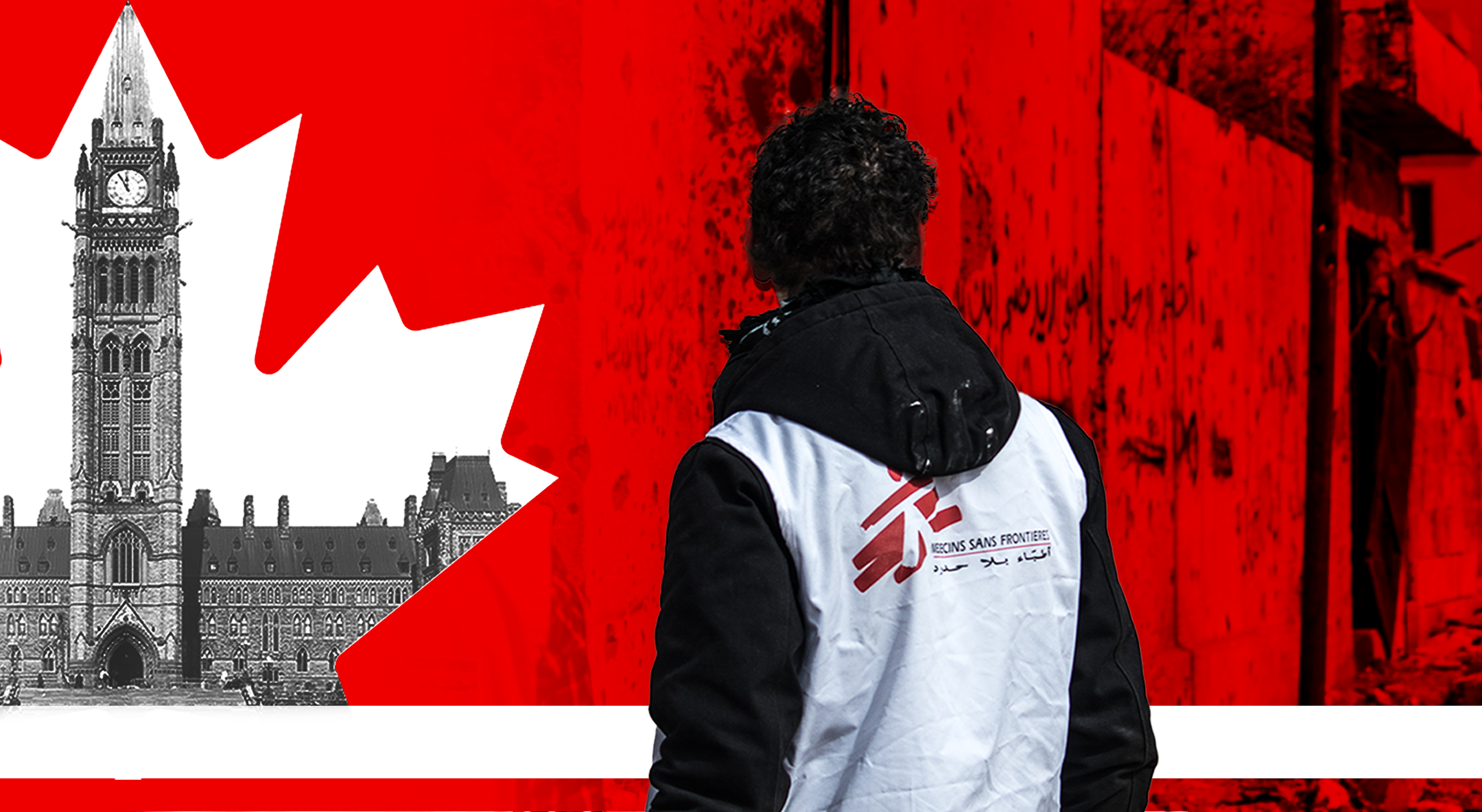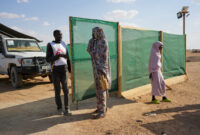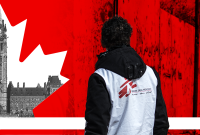Oral Statement to Senate about Bill C-41
Opening Statement – Doctors Without Borders/Médecins Sans Frontières (MSF), June 12, 2023
For the past 52 years, and today in over 70 countries, Doctors Without Borders or Médecins Sans Frontières (MSF) has alleviated suffering by delivering impartial, neutral, independent medical humanitarian assistance in line with international humanitarian law and medical ethics. Here in Canada, more than 180,000 Canadians support MSF based on their trust and confidence in what we do. This allowed us to send 267 Canadians and more than 84 million dollars to our programs around the world in 2022.
Principled humanitarian assistance as enshrined in International Humanitarian Law (or IHL) protects humanitarian organizations like MSF who provide essential services impartially with no commercial, political, or other competing objective. Under IHL, humanitarian assistance cannot be considered support to any party to an armed conflict, even one deemed “terrorist.” In other words, providing humanitarian assistance cannot be considered a crime.
IHL is integral to Canadian law. As party to the Geneva Conventions, Canada has an obligation to uphold IHL and must also, according to recent United Nations Security Council resolutions, ensure that domestic counterterror legislation is compatible with IHL. Canada’s Supreme Court has similarly affirmed that the Criminal Code must be interpreted such that “innocent, socially useful…acts” with no criminal intent are not criminalized.
The humanitarian exemption in the amended version aligns Bill C-41 with IHL and avoids the potentially crippling authorization process that humanitarians would otherwise have been subject to. MSF supports this self-executing humanitarian exemption within Bill C-41, which recognizes that humanitarians can deliver life-saving care without seeking permission for what we are meant to do and already have the legal right to do.
MSF acknowledges that Bill C-41 had always intended to facilitate rather than curtail humanitarian action, and now contains a specific exemption that achieves this. We support it as we understand the exemption removes a risk of criminalizing humanitarian action that had been present in the Criminal Code, via the Anti-Terror Act, since 2001.
In its first iteration, prior to the exemption, Bill C-41 would have done more to hamper humanitarian action than facilitate it. The authorization regime would have placed humanitarians under unprecedented government scrutiny and control, which would have compromised our independence as well as the neutrality upon which we depend to negotiate access and gain security assurances from armed groups. An authorization mechanism would have profoundly diminished our ability to act immediately and decisively in the face of crisis. And the potential for the government to deny an application would have severely undermined our humanity and impartiality, the widely recognized humanitarian principles that guide our response based on people’s needs alone.
We therefore see the inclusion of a humanitarian exemption as the only way to advance Bill C-41 in a manner consistent with IHL and Canada’s commitments to humanitarian assistance, and we welcome the widening of the scope of the exemption to facilitate aid delivery in places not strictly covered by IHL.
Finally, we continue to recommend that Canada ensure that any future legislation or practice related to counterterrorism specifically and unambiguously exempt humanitarian assistance.
Senators, MSF worked in Afghanistan before the Taliban take-over and we continued without interruption after, on the same basis that we work all over the world: IHL, medical ethics and the humanitarian imperative to respond to peoples’ basic needs. MSF’s purpose is solely humanitarian; for this we should neither be criminalized nor subject to the burden of continually seeking authorization for doing precisely what we exist to do. We encourage you to support the current version of C-41 on the basis that it creates a permanent, self-executing humanitarian exemption to Canada’s counterterror laws.
Thank you. We welcome the opportunity to answer further questions.












